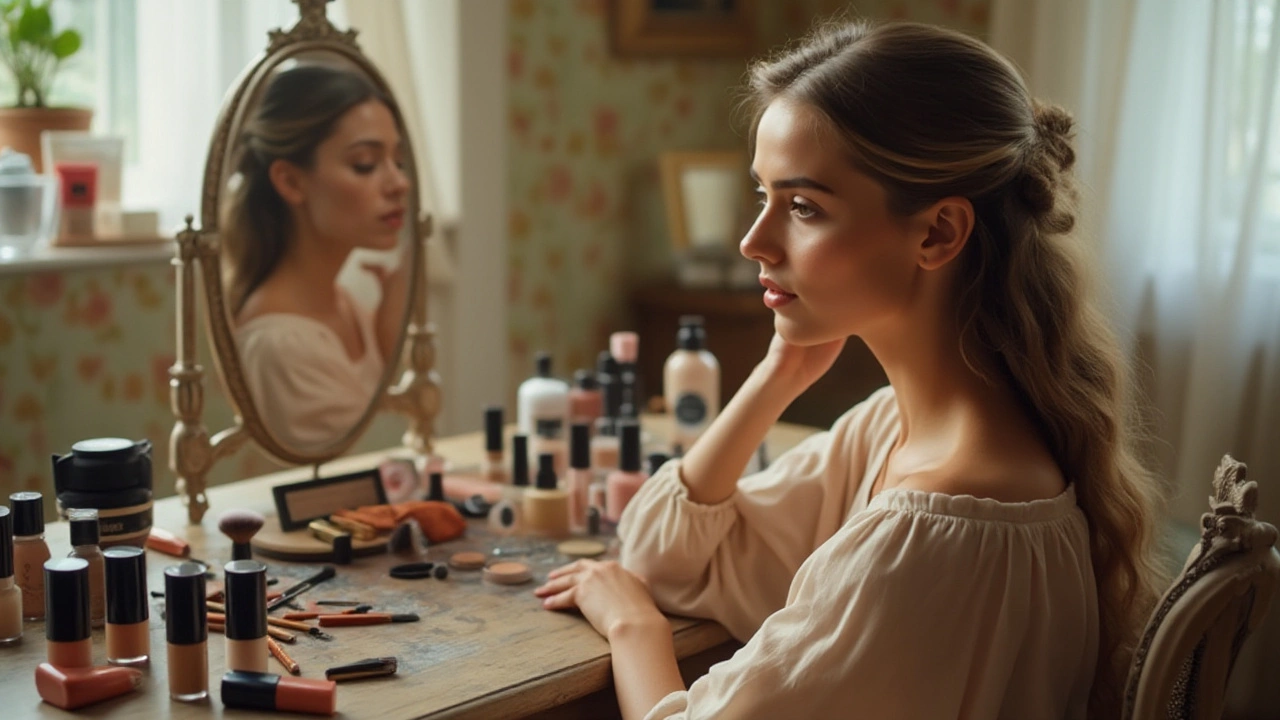Cosmetics Guide: Easy Tips for Everyday Beauty
Ever stood in front of the bathroom mirror and wondered if the stuff you’re using is really a cosmetic? Or how to pick products that actually work without breaking the bank? This guide breaks it all down in plain English so you can feel confident about every item in your beauty routine.
What Counts as a Cosmetic?
A cosmetic is anything you apply to your body for cleaning, beautifying, or changing how it looks. That means shampoo, lipstick, sunscreen, even hair dye. The law in the UK defines it that way, so if you’re buying a product that touches your skin or hair, it’s a cosmetic.
Knowing this helps you understand which regulations protect the product. For example, cosmetics must be safe for normal use and list all ingredients. If a product claims to treat a medical condition, it might be a medicine instead, and it follows different rules.
How to Choose and Use Beauty Products
Start with your skin type. If you’re oily, look for labels like “mattifying” or “oil‑free.” Dry skin loves “hydrating” and “cream‑based” formulas. Your hair follows the same logic – fine hair benefits from lightweight conditioners, while curly hair needs richer, moisture‑locking blends.
Next, scan the ingredient list. Stay clear of heavy fragrances if you have sensitive skin. Ingredients such as niacinamide, hyaluronic acid, and vitamin C are solid bets for skin health, while natural oils like argan or jojoba work wonders for hair.
When you pick a product, test a small amount first. A patch test on the inside of your wrist for 24 hours tells you if you’ll react badly. If no irritation shows up, you’re good to go.
Apply products in the right order. Cleanser first, then toner (if you use one), followed by serum, moisturizer, and finally sunscreen in the morning. At night, skip sunscreen and add a night cream or oil for extra repair.
Keep your tools clean. Dirty brushes spread bacteria and can cause breakouts. Wash them weekly with a gentle soap and let them dry completely before using them again.
Finally, don’t over‑do it. A simple routine—cleanser, moisturizer, sunscreen—covers the basics. Add extra steps like a serum or exfoliant only if your skin needs them. This approach saves money, time, and reduces the chance of irritation.
Whether you’re a nail tech looking for the best hand creams for clients or someone just starting their makeup stash, these straightforward tips keep your beauty game strong. Remember, the best products are the ones that suit your skin, fit your lifestyle, and make you feel good every day.
20 Essential Makeup Types and Their Unique Uses
Whether you're a makeup beginner or a seasoned pro, it's important to know the different types of makeup products and their many uses. This article covers 20 essential makeup types, highlighting their unique functions and offering practical tips for application. From foundation to highlighter, each product serves a distinct purpose in accentuating your natural beauty. Uncover new cosmetic gems and improve your beauty routine with these insights. Learn how to make the most of each product for a flawless and personalized look.
